Showing all 12 results
-

Gestalt Therapy 100 Key Points and Techniques
$49.99 Add to cart -
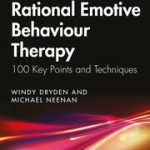
Rational Emotive Behaviour Therapy. 100 Key Points and Techniques
$49.99 Add to cart -
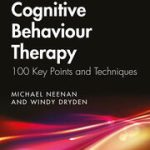
Cognitive Behaviour Therapy 100 Key Points and Techniques
$47.99 Add to cart -
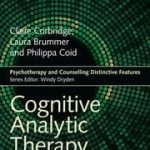
Cognitive Analytic Therapy. Distinctive Features, 1st Edition
$40.99 Add to cart -
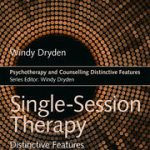
Single-Session Therapy. Distinctive Features, 1st Edition
$40.99 Add to cart -
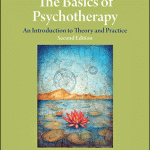
The Basics of Psychotherapy
$97.99 Add to cart -
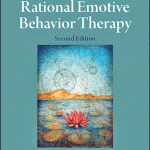
Rational Emotive Behaviour Therapy, Second Edition
$97.99 Add to cart -
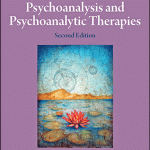
Psychoanalysis and Psychoanalytic Therapies, Second Edition
$97.99 Add to cart -
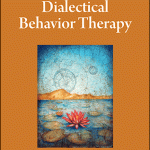
Dialectical Behaviour Therapy
$97.99 Add to cart -

Acceptance and Commitment Therapy: 100 Key Points and Techniques
$42.99 Add to cart -
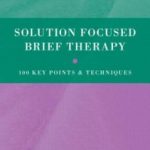
Solution Focused Brief Therapy: 100 Key Points and Techniques
$53.99 Add to cart -
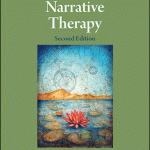
Narrative Therapy
$97.99 Add to cart

